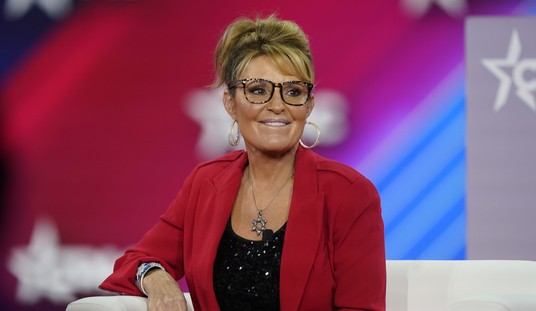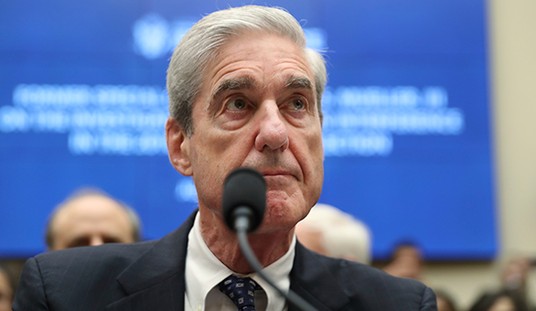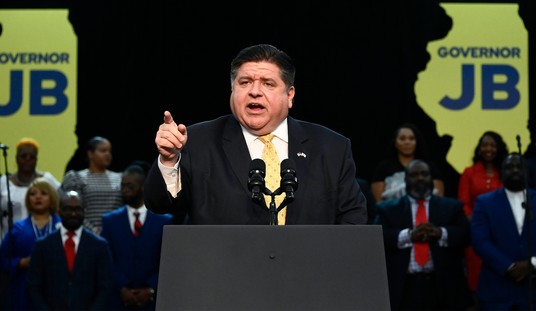Unnoticed by many, there is another crucial election taking place in our
hemisphere this fall–this Sunday in fact. Fourteen-year incumbent president
Hugo Chávez (who re-wrote the Venezuelan constitution to allow him to run for
unlimited terms of office–in effect to become President for Life) is facing
off against former Mariana province governor Enrique Capriles Rodanski. Given
Chávez’ legendarily tight grip on his country’s failing democracy, many have
considered the race a farce–a foregone conclusion that might satisfy the Carter
Center but would fool no one else. It would in effect be the death knell
for freedom in Venezuela.
Yet it turns out that democracy might not be as tender of a flower as we
have thought.
Mr. Capriles, despite facing dauntingly unequal access to airtime and the
relentless persecution of both himself and his campaign operatives (three
were shot by Chavista thugs last week), has captured the public
imagination. Young and energetic, he makes a stark contrast with the ailing Mr.
Chávez , whose weakened state makes his standard campaign shtick–cavorting
onstage, singing to the moon–a sort of danse macabre. More importantly,
Mr. Capriles offers a new sort of political platform, one that combines Chávez
more popular social programs (reformed and vetted for corruption) with a return
to the free market principles that were the original basis of Venezuela’s
prosperity. His message is resonating, and while polls in Venezuela are not
exactly reliable, the gap with Chávez is narrowing and some even show the challenger
ahead (see the numbers at the
end of this article). Clearly the two headed to a close race on Sunday, and
there is a real chance of an upset.
Why, you may ask, should this be of consuming interest to the United States?
The Middle East is on fire and we are facing bleak times at home. While it
would be nice to have Chavez gone and basic freedoms restored to Venezuelans,
should this really be a high priority?
Yes it should, for several reasons Mr. Capriles articulated this week. He
has started to talk about his foreign policy, and has pledged
to mend the tattered relationship with our close ally Colombia, which would
be a great help in finally eradicating the troublesome terrorist groups Mr.
Chavez has funded on the Venezuela-Colombia border for so long. In addition,
Mr. Capriles has indicated he would distance himself from the close
relationship Mr. Chávez has forged with Iran over the last decade. This would
be a massive gain for the United States as Venezuela has served as a financial
clearing house for Iran, helping it evade the economic sanctions we hope will
deter its nuclear ambitions. In addition, there are unsavory reports that
Chávez has been allowing Iranian Hezbollah proxies to train on Margarita Island–an activity that could have grave security consequences for the United
States.
In addition, Mr. Capriles’ election stands to have a very positive effect on
all of us: it could make a meaningful reduction in gas prices. As the Financial
Times reports today, Mr. Capriles proposes to double Venezuela’s oil output
as part of his 100 day manifesto, an increase that would have a substantial
impact on crude prices. And he would do it in a business-friendly way that
would bring more prosperity and industry reinvestment to Venezuela.
It should be born in mind that Mr. Capriles may not be a perfect ally–he is
certainly center-left, not a right-wing candidate, but his positives hugely
outweigh his negatives, and a number of them have highly-desirable
ramifications for the United States. And his election should give us all hope
that amid the missteps and disappointments we have witnessed in the progress of
democracy around the globe over the past few years, this story can still have a
happy ending. Even after a fourteen-year starvation diet, democracy is alive in
Venezuela, and may only require the spark of this election to flourish again.
Victoria Coates is an adjunct fellow at the Foundation for the Defense of Democracies.













Join the conversation as a VIP Member